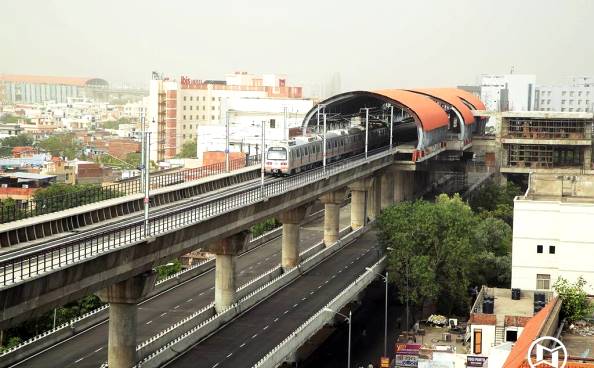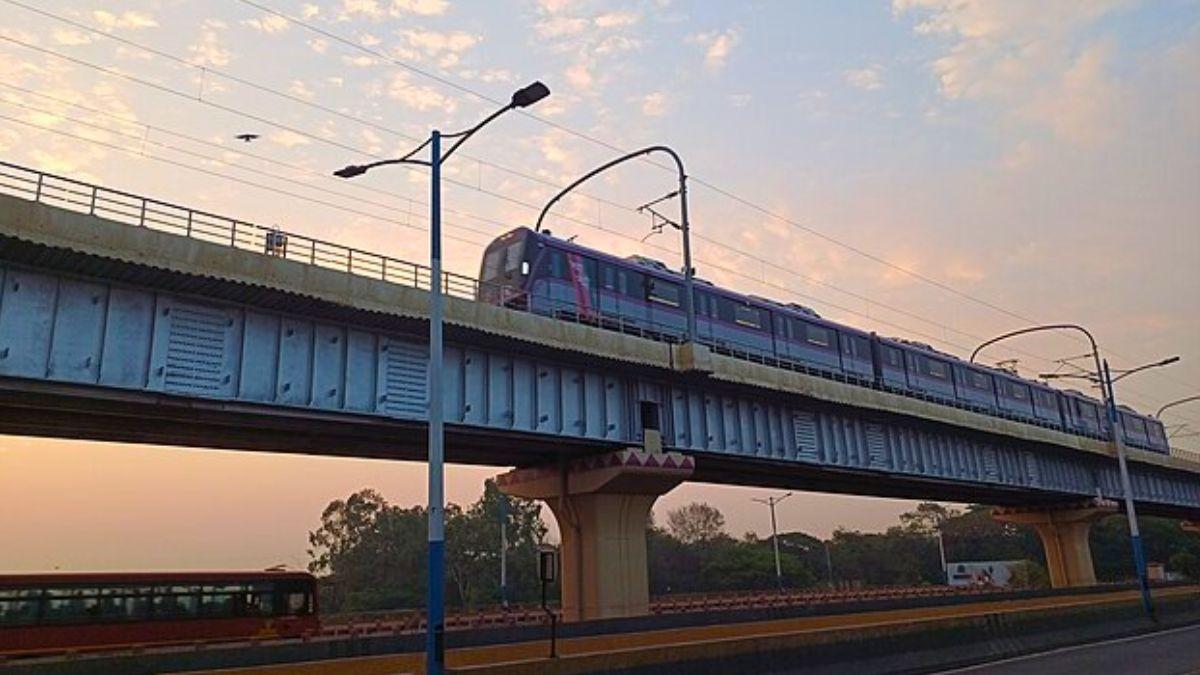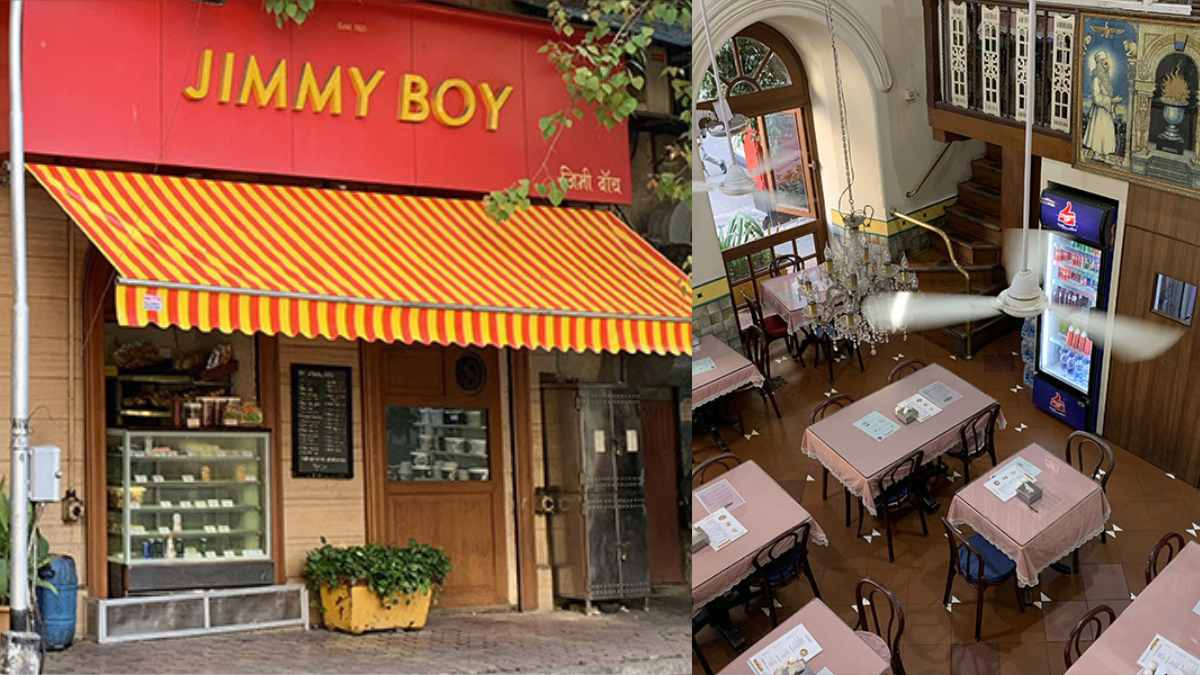Whenever someone says metro, the first name that comes to our head is the Delhi Metro. And why not? Delhi metro is India’s largest network that not only connects Delhi but also Gurugram, Noida, Faridabad, Bahadurgarh, Ghaziabad, and Ballabhgarh. It is also the eighth largest metro network in the world. But what if we say that we found India’s ‘Greenest Metro Station’ and in is not in Delhi?. Well that’s the truth. Nagpur has India’s greenest metro station and here is what makes it so.
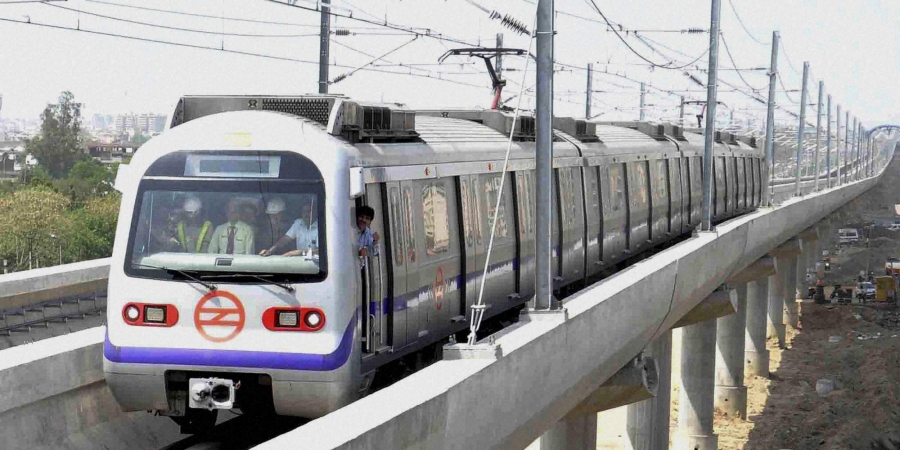
What Is It?
Inaugurated earlier this year in March, the Nagpur Metro Station has been dubbed the country’s greenest metro station, putting to shame the other more famous metro lines in the country.
Also Read: DMRC Uses Leftover Metro Construction Material To Create 10 Acre Prakriti Metro Park
The metro line took 27 months to complete and covers a distance of 11.5 km between Khapri and Ajni Stations at a speed of 45 km per hour. 65 per cent of the energy requirements of the station are fulfilled using solar panels. These solar panels are installed on the roof of the metro rails, stations, depot boundary, walls, and depot shed.
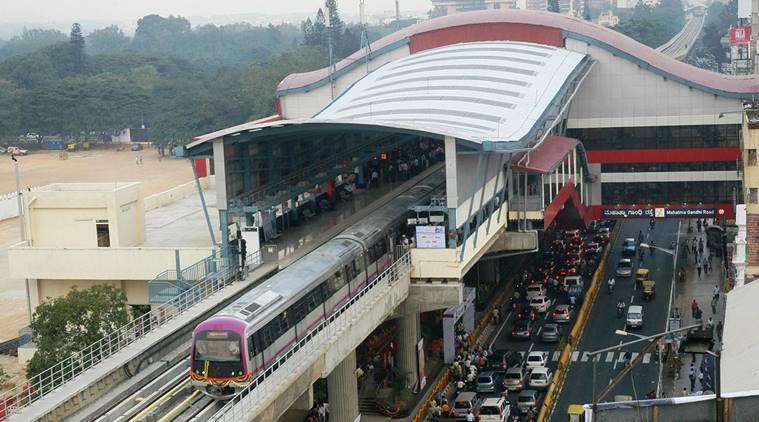
What’s More?
According to the railway technology, the Nagpur Metro includes the north-south corridor, as well as the south-west corridor. While the north-south corridor originates at the Automative Square in the north, the east-west corridor connects Prajapati Nagar in the east to Lokmanya Nagar in the western part of the city.
Also Read: Delhi Metro Is All Set To Run 100% On Solar Power
Both the lines in total feature a total of 36 stations that connect the entire city of Nagpur.
While Maharashtra Metro Rail Corporation deserves to be applauded for their green attempt with the Nagpur metro, other metro lines across the country are also trying to do their bit.
DMRC has constructed an entire park using the waste scraps and left over building materials from all the metro station sites. They also plan to install solar panels in some of the stations to make them energy efficient
First Published: June 21, 2019 10:45 AM
